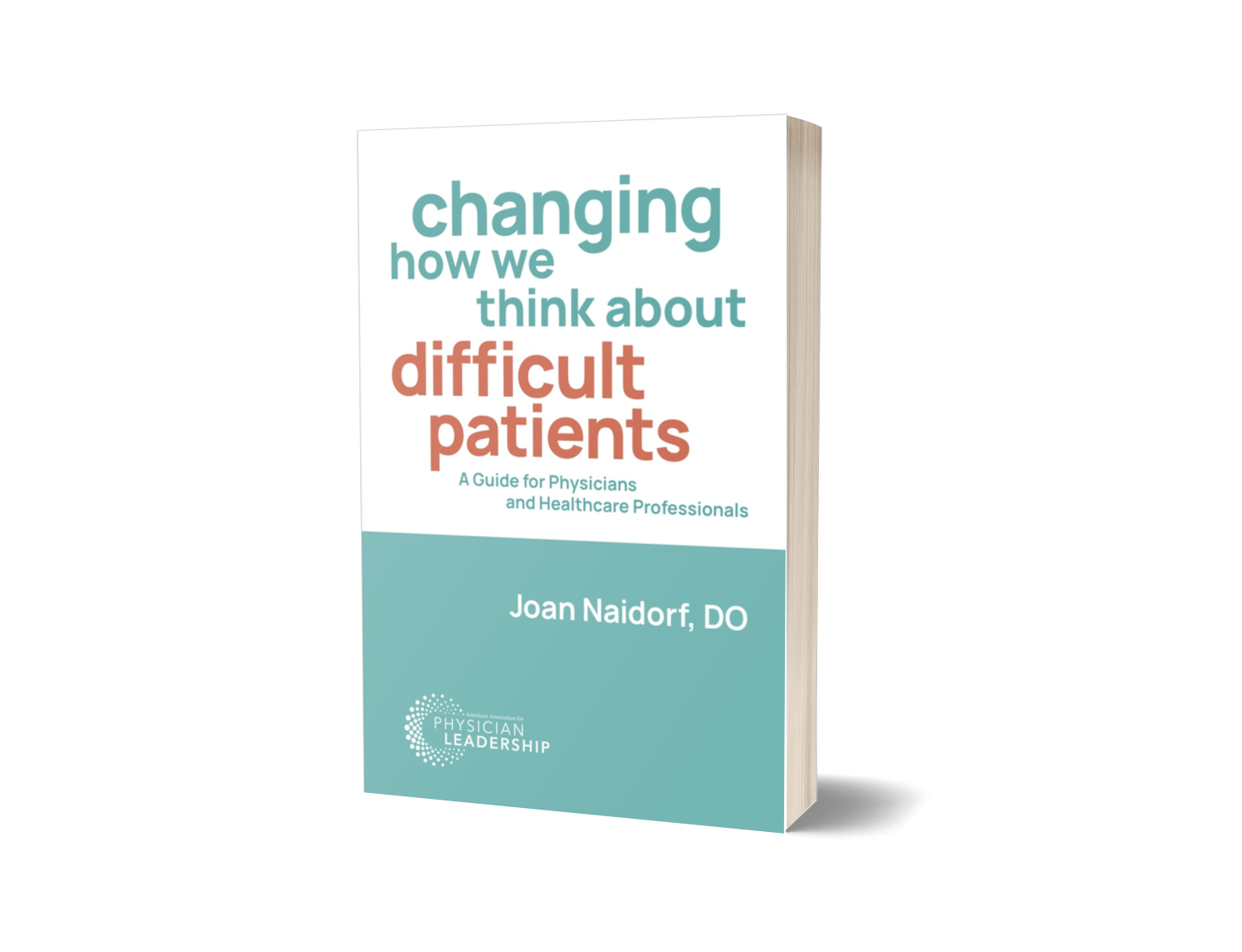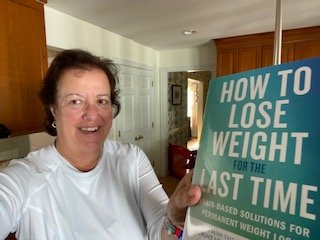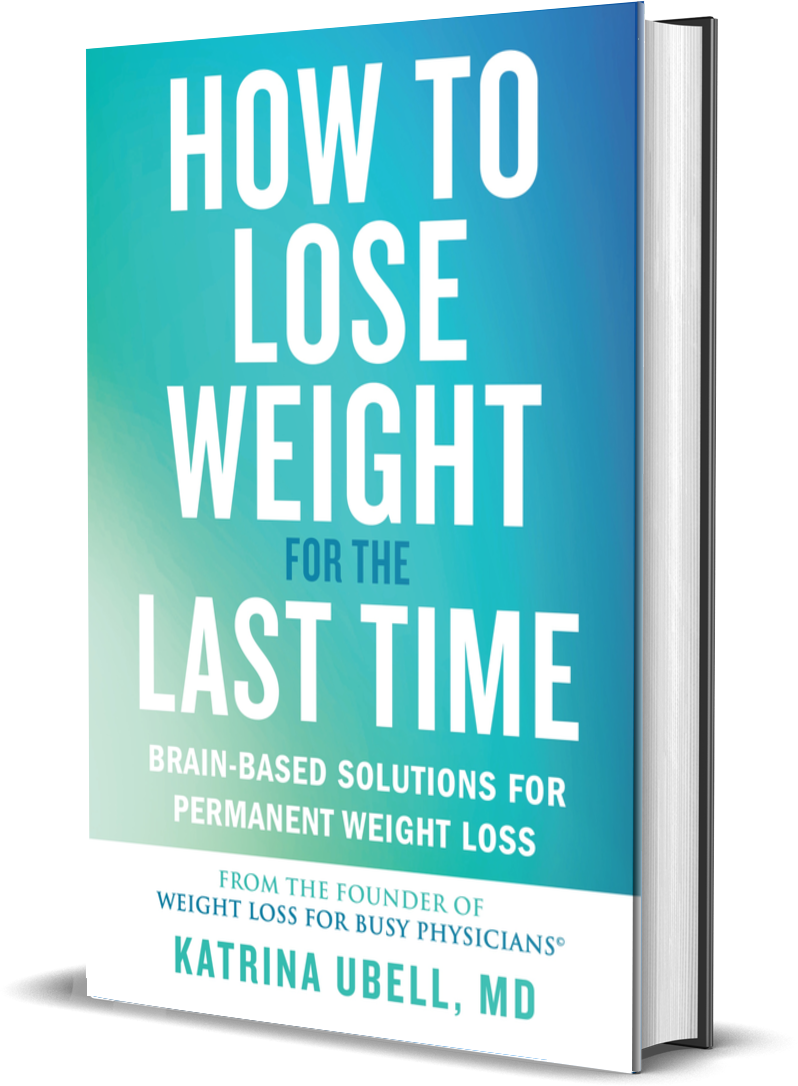#54 Reading How to Lose Weight for the Last Time
A few years ago, I became frustrated with the size of my body. Yes, I had given birth to three children in two years and swirled in the chaos of raising them while continuing to work as an emergency physician. When my youngest left for college, I could no longer blame the babies for being overweight. I didn’t like the numbers I saw on the scale, and I was mad at myself for letting myself get that way. My previous strategy of ignoring the issue was clearly not working for me.
Like many people, I thought that I understood the basics of dieting that were advertised and discussed all around me. I know that I have a lot of discipline and resilience. I became a DOCTOR, damnit! I did TWO years of internship. Why couldn’t I handle this issue of losing weight and maintaining a healthy body size for a woman of my age and height? Like so many of you, I was not kind to myself during this process. I hated my body and I hated myself. I thought that there must be something wrong with me.
In May of 2018, as I was driving home from the funeral (she died of cancer at the age of 58) of my college roommate and dear friend, I decided that life was too short for me to continue to feel terrible about myself. I had been introduced to the work of Brooke Castillo through her wildly popular podcast, The Life Coach School Podcast and I listened carefully to her episodes that dealt with weight loss.
Her methods focus on a tool that she dubbed, the “model.” She reminds us that the “circumstances” of our lives are neutral until we have a thought about them. For example, it’s not the rainstorm that makes us feel sad on the day of our picnic. Our thought that the rain ruined our picnic makes us sad. For my neighbor the gardener, the rainstorm makes him happy. Our thoughts determine our feelings, which determine the actions we take, which then determine the results we get.
My brief discussion does not do the concept of the “model” justice but in essence, what we think about any thing or situation determines our feelings, actions, and results. My thoughts about eating and my body were not producing the emotions that would drive actions and results that I desired. I knew that I could change thoughts about various circumstances at work or at home. I used a similar approach when I taught students and residents about how to improve their interactions with difficult patients.
Back to the topic of weight loss, Brooke points out that most people have dissociated from the actual feeling of hunger that humans get when they need fuel for their bodies. We don’t wait to become hungry, we eat in advance, and snack endlessly. In addition, we eat food to comfort ourselves and to distract ourselves from unpleasant emotions like frustration, anger, or loneliness. I often used those glazed doughnuts in the break room make me feel better for a minute or two.
Along the way listening to Brooke’s weekly podcast, I got introduced to Dr. Katrina Ubell. She is a pediatrician turned life coach who also records a weekly podcast and runs a group coaching program for female physicians in clinical practice. As she knows, physicians have a unique set of job expectations and challenges that people outside of the profession struggle to comprehend. We can’t just walk away in the middle of a difficult interaction or clinical problem. We have to stay up all night to staff the emergency department or take call. We can’t just turn off our phones. Our mistakes can have dire consequences.
I started listening to Katrina’s podcast titled Weight Loss for Busy Physicians. In her very friendly and compassionate manner, she seemed to speak directly to me regarding some of my unhelpful habits and thought patterns. She exposed the mean and self-critical tone with which I was speaking (inwardly) to myself. Like herself and so many of her clients, she knew that we perfectionist, high-achieving women were relying on lacerating criticism and shame to motivate ourselves. I was not giving myself enough credit or compassion. One day, Her voice spoke directly to me through my Airpods, “You are a total BADASS. Not many people can do what you do.”
Brain Explosion.
To paraphrase her words, “You can love yourself and your body right now, and learn to have peace and freedom around food.” I clearly, had a lot of work to do. I wrote her an email to see if I could join her coaching program, even though I was doing non-clinical work as a physician. The answer from her administrative assistant was a very polite: no. Only physicians in clinical practice were eligible for the coaching program. I was going to have to figure out another way.
The podcast episodes that moved me the most were the discussions on assessing my own hunger, perfectionism, and improving my inner dialogue with myself. I realized that when I was feeling frustrated, misunderstood, and isolated, I ate to make myself feel better. I did feel better for a few moments but I inadvertently packed on a lot of extra weight. When we ate out, I often ate all the food that was served and most restaurant portions are far too large. I also would entertain myself with various refreshments like craft beer and imported French wine.
What Katrina and many weight-loss coaches point out is that once you stop the over-eating or over-drinking that you use to divert yourself from some uncomfortable thought or emotion, you are left with the uncomfortable thought or emotion. You feel terrible. That’s where the coaching part comes in. Life coaches can help point out some thought errors and help you deal directly with the underlying problem, not just eat or drink you way around it. They advise that you learn to actually feel your uncomfortable feelings. If you allow yourself to do this, they pass more quickly.
This one thing helped me lose the first 25 pounds. Before I ate anything, before every bite, I ask myself: am I hungry? When the answer is no, which it frequently is, I stop. I wrap it up or I toss it. I don’t worry about waste or people starving in Venezuela. I know that I can have any thing I want at virtually any time that I want it. My clothes were getting loose, and I started making multiple donations to the charity box. I continued to listen to Katrina’s podcast while I joined another coaching program.
About a year ago, Katrina announced that she was going to write a book that would make her approach more accessible to everyone interested in losing weight. That book, titled How to Lose Weight for the Last Time: Brain-Based Solutions for Permanent Weight Loss has recently been released. I bought my copy to be supportive and to see how Katrina did with the task. Writing a book is a challenging task and Katrina frankly admits that she found it to be difficult.
Full disclosure
In December of 2000, I also decided to write a book. I took a lecture that I had written years before about difficult interactions with patients and expanded it with some new ideas and tools. I taught about how to understand some of the complexities of what our patients are thinking. I also explain many of the faulty beliefs and thought distortions that physicians have picked up over the years. We can change our thoughts about difficult patients and feel better about our interactions. My book is titled: Changing How we Think about Difficult Patients and it was published in January of 2022.
Although my book has nothing to do with weight loss, I knew that over the years, some of my terrible patient interactions drove me straight to the break room for a treat or to the pantry at home for a bar of chocolate. I thought that these were the only things that would make it better. I know that my colleagues were also using food or alcohol to soothe themselves after terrible interactions at work.
I don’t know Katrina personally and I have never spoken to her. When it came time to ask people to read my manuscript and provide a punchy little blurb for the cover or Amazon page, I reached out to her. I thought that she would recognize the role of the think-feel-act cycle and appreciate that her work had helped me on my weight loss journey. Even though she was busy with her business and probably writing her own book, she actually provided a short blurb. I am very grateful for her effort.
When Katrina’s book was released, I ordered it right away. I have taken a little while to read it while I finish a few other projects. I write book reviews for The DO magazine and I have few reviews that I had to finish and put into the editorial pipeline. Katrina also recommends some of the books she enjoys and I have also read and reviewed some of them. My favorite has been In Shock by Rana Awdish. I think all medical students, residents, and practicing physicians should read that amazing physician-as-patient memoir.
Katrina’s book, How to Lose Weight for the Last Time: Brain-Based Solutions for Permanent Weight Loss, covers a lot of ground. With the experience she has accrued explaining medical terminology and concepts to her patients and their parents, she reviews some of the basic body chemistry of eating and hunger. This is important to understand because as part of her advice to readers is to give up flour and added sugar in their diets. The reason is to reduce the effects of frequent insulin release and allow the body to access its own fat stores. Katrina uses the words, “fat-adapted” and the goal of getting there is to mitigate the effects of feeling hungry. I can concur, when you are in that state on a low carbohydrate intake plan, you will not experience hunger as intensely.
Katrina goes on to explain why people over-desire food and have become totally dissociated from their natural sense of when to eat and when not to. She also discussed the way many people use food to distract, divert and entertain themselves from some uncomfortable emotions or traumatic events. The goal is to become aware of some of the bad habits we have acquired and start to change our thoughts and think with more intention about how to eat and drink.
All along, the author includes examples to illustrate her points and make them more accessible to her readers. I had heard and read many of the ideas in Katrina’s podcast, but I still found some new nuggets to explore. The chapters are long and many will require a re-read, particularly if the material is new to you. Reading her text could easily be supplemented by listening to the corresponding episode of her podcast, Weight Loss for Busy Physicians. (She has recorded over three hundred episodes and access is totally free.)
The point of this book, which has been lost on some of the folks who have given her low ratings, is not the actual protocol for the foods that you eat. Katrina does make some recommendations on dietary modifications that are similar to some other well-known diet plans. The difference here is the imperative to understand why one is overeating or over-desiring various foods. The recommendation is to parse out some on the unhelpful thoughts in our brains and the uncomfortable emotions that accompany them. Katrina makes several recommendations regarding how one might experience or process their negative emotions. Since everyone processes pain, anxiety, frustration, and fear differently, we may require different techniques to help us feel the feels.
With more self-awareness of the thoughts that start the cascade towards over-eating, we can start to change the thoughts and NOT over-eat. This process takes practice and Katrina makes several suggestions regarding journaling, meditation, and other techniques. Her recommendations are to plan your food intake, plan your exception items or treats, and then write down all your intake in a journal. Committing to your own plan becomes part of the program of learning to trust yourself and showing yourself the utmost love and respect.
For those of you looking for some magical solution or dietary alchemy, this is not the book or solution for you. If you can accept the premise that by listening to your body’s elemental hunger signals and reducing your over-desire for food, you will actually lose weight. The emotions that come up when you don’t succumb to the urges will be strong. The work to process and feel emotions will let them pass without the need to dive into a bag of chips or a sleeve of cookies.
As Katrina writes on page 188, “When we’re no longer using food to feel better, we’re saying yes to the full emotional experience of being a human.” About half of the human experience sucks. That is not a quote from Katrina, that is my quote from what I read and what I experience. The bad times make the sweet times even better. When I gave up most of the carbs in my diet and added intermittent fasting, I lost another 15 pounds. I try not to entertain myself with food and wine but you know, I moderate.
I recommend Dr. Ubell’s book for those of you struggling with weight loss on the typical diet plans that fail to address the emotional aspects of eating. Typical diets rely on willpower and most of us know that willpower will eventually fail us. When we have a car accident or our friend dies or our kid fails a chemistry test, we don’t have to eat. As Katrina writes on p. 187, “Whatever the problem is, the solution is not in the fridge.”
Indeed
The answers are not in the pantry either. The answers are usually in our own minds and within our reach. We can be taught to access our own wisdom. We have to learn how to choose thoughts that serve us better, cause better emotions, and effective actions in line with our eating protocols. As Katrina wryly reminds us, “The reason…that you need to create a protocol that you’re happy to follow for the rest of your life is because you need to have a protocol that you are happy to follow for the rest of your life.” (P. 232) This is a radical departure from “diet” mentality.
The book is a great start for those who are looking for a thoughtful and compassionate approach to weight loss. Once you understand the concept of thinking with more intention, you can apply the principles to other areas of your life. Understand that you can think what ever you want right now, and those thoughts will help you attain better results. If you believe that you are a person who can lose weight, you will. If you believe that you can be a person who has an organized house, you can get that result. What thought would you have to feel to become confident and committed? Katrina Ubell has quite a few suggestions to get you started.







